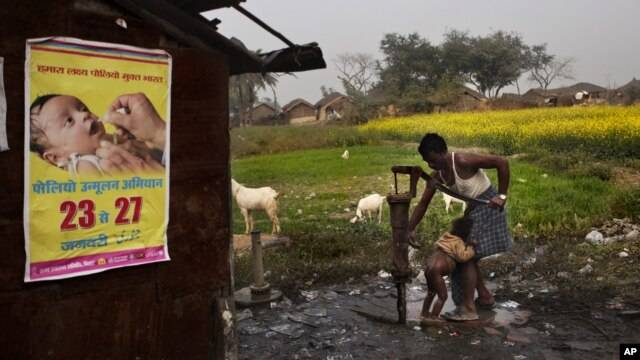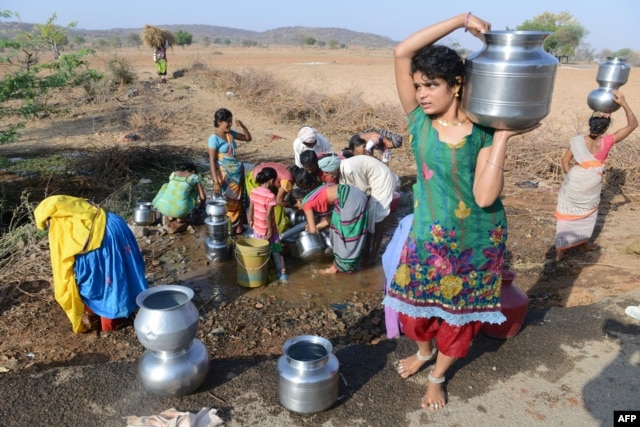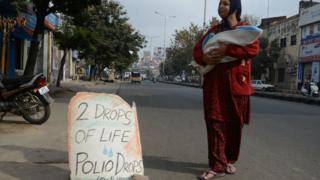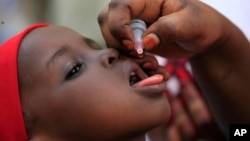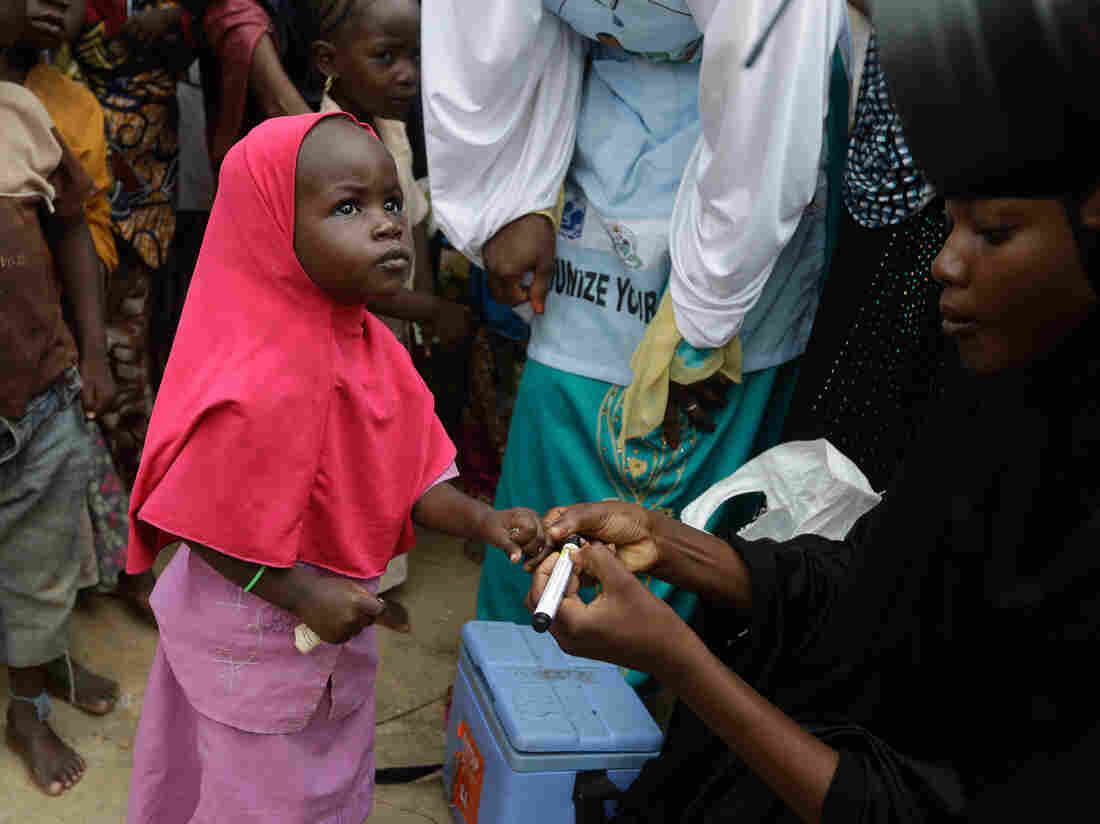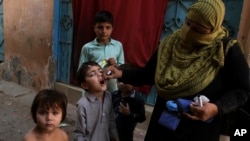- Thread starter
- #21
longknife wrote: How many here know who Jonas Salk was?
Jonas Salk invented the sugar cube with the polio vaccine in it...
... Timothy Leary invented the sugar cube with the LSD in it.

Jonas Salk invented the sugar cube with the polio vaccine in it...
... Timothy Leary invented the sugar cube with the LSD in it.





